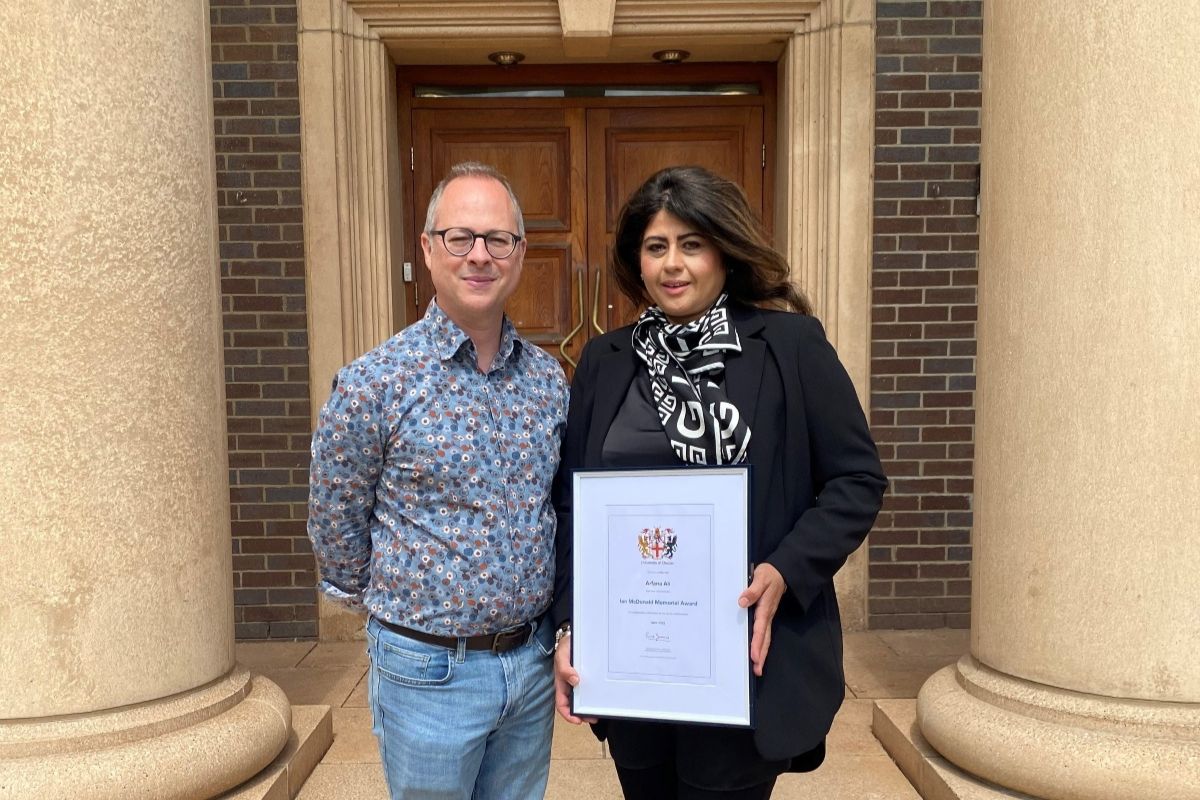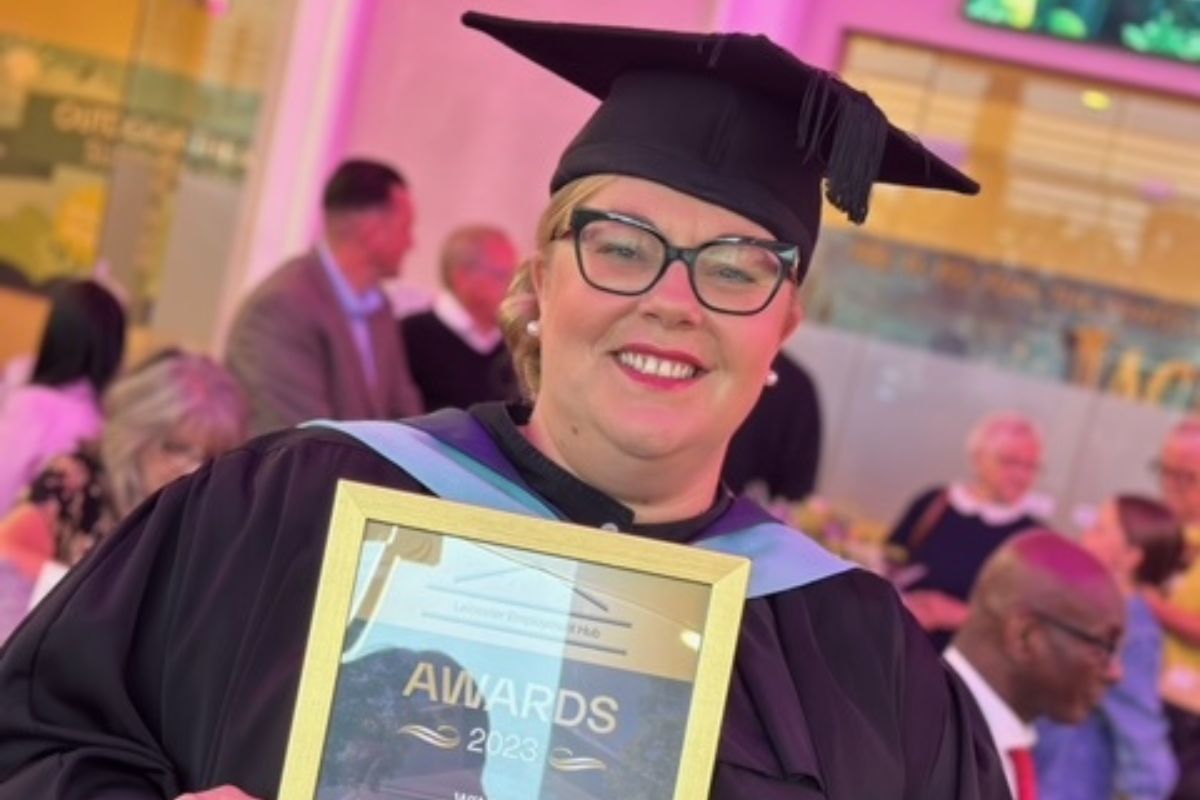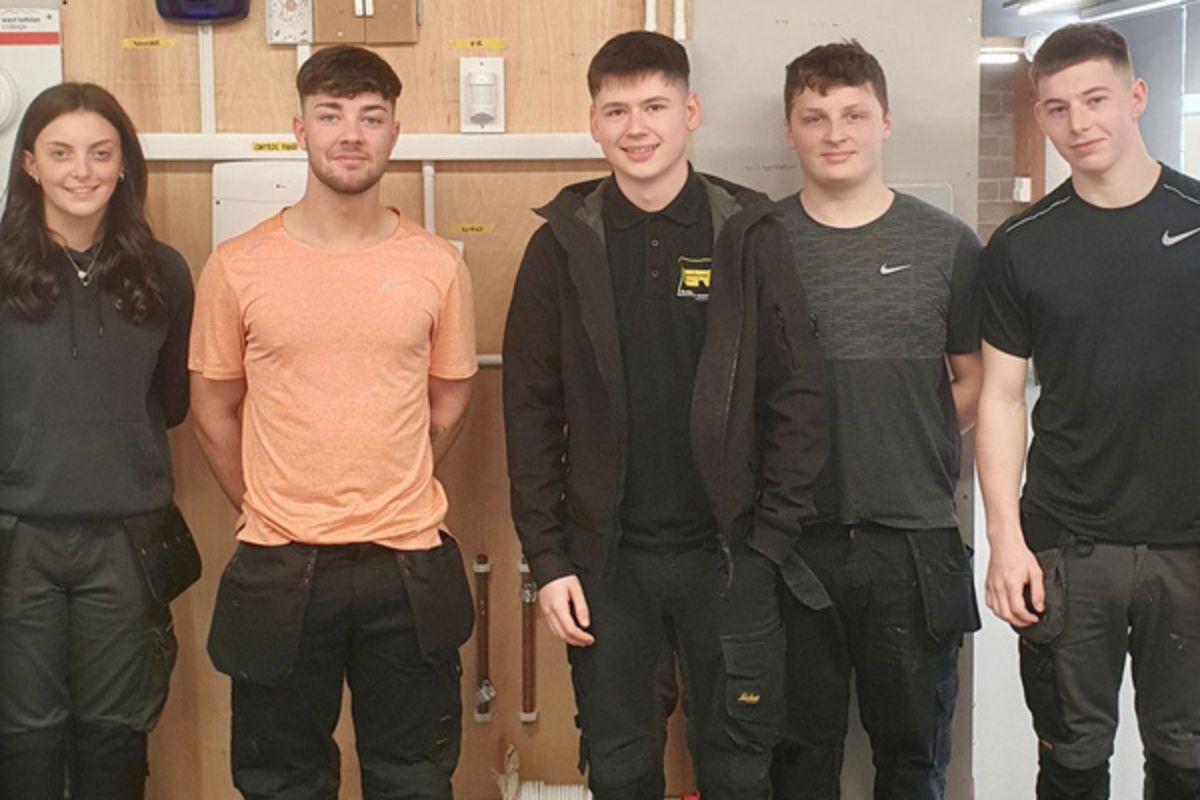Get school-to-school support from system leaders

Get help and support from system leaders to improve your school.
Overview
System leadership school-to-school support can be provided by:
- teaching school hubs (TSH)
- teaching schools (TS)
- national leaders of education (NLEs)
- national leaders of governance (NLGs)
- local leaders of education (LLEs)
- specialist leaders of education (SLEs)
There are now many opportunities for school leaders and governors to work with and receive support from their peers.
Find system leaders in your area in the school-to-school support directory which lists teaching schools, NLEs and NLGs. LLEs and SLEs can be contacted through teaching schools.
Teaching school hubs
Teaching school hubs will replace teaching schools in 2021. They will be school-led centres of excellence for teacher and leadership training and development.
Find out more about teaching school hubs.
Teaching schools
The current teaching school programme ends on 31 August 2021 and will be replaced with teaching school hubs.
Teaching schools have an important role to play in a school-led system and in school improvement. Teaching schools are centres of excellence, prioritising:
- co-ordinating and delivering high-quality school-based initial teacher training (ITT)
- providing high-quality school-to-school support to spread excellent practice, particularly to schools that need it most
- providing evidence-based professional and leadership development for teachers and leaders across their network
In addition, teaching schools can put you in touch with other system leaders, co-ordinating the supply and activity of national leaders of education (NLEs), national leaders of governance (NLGs), specialist leaders of education (SLEs) and local leaders of education (LLEs). They support vulnerable schools and, where needed, help tackle underperformance and lead improvement in good schools.
Costs
Support can be free but there may be costs depending on what type of support you need. Any payments will be negotiated between you and the teaching school.
Find system leaders in your area in the school-to-school support directory which lists teaching schools, NLEs and NLGs. LLEs and SLEs can be contacted through teaching schools.
Teaching Schools Council
The Teaching Schools Council is made up of 17 CEOs of MATs, executive heads, headteachers or directors of teaching schools. All representatives have either a regional or national facing role.
Teaching Schools Council representatives work with regional schools commissioners to help deliver school improvement on the ground, and with other agencies such as Ofsted, local authorities and dioceses. The Teaching Schools Council has a national strategic presence complemented by local partnerships that can draw in wider resources.
For more information regarding the work of the Teaching Schools Council or to contact a representative, visit the Teaching Schools Council website.
National leaders of education (NLEs)
NLEs are outstanding headteachers who, together with the staff in their national support school, use their skills and experience to support schools in challenging circumstances. In addition to leading their own schools, NLEs work to increase the leadership capacity of other schools to help raise standards.
The primary funded function of NLEs is to deliver the school improvement support offer on behalf of the Department for Education (DfE). NLEs deliver support to underperforming schools, helping them to identify and address areas in need of improvement, including:
- leadership
- governance
- financial health
We have reviewed the NLE programme, as set out in the teacher recruitment and retention strategy, to ensure that our system of school improvement is as strong as possible. The conclusions from the review are published in the advisory group’s report.
While DfE funds NLEs to deliver school improvement to eligible schools, depending on their capacity, NLEs can also provide other forms of support.
For example, an NLE can help you review your pupil premium spending.
Costs
Support can be free but there may be costs depending on what type of support you need. Any payments will be negotiated between you and the NLE’s school.
Find system leaders in your area in the school-to-school support directory which lists teaching schools, NLEs and NLGs. LLEs and SLEs can be contacted through teaching schools.
National leaders of governance (NLGs)
NLGs are highly effective chairs of governors who use their skills and experience to provide coaching and mentoring support to other chairs of governors to improve school and academy performance.
NLGs provide a valuable role in helping support governance in schools to provide confident and strong strategic leadership. As part of the wider system leadership review, DfE is considering how we can ensure the quality of system leadership remains as high as possible.
We published the recommendations of the advisory group for a reformed NLG programme. From June, we will be working with the National Governance Association to begin to implement those recommendations and NLGs recruited through the reformed model will start providing targeted support in October 2021.
You can still access support through designated NLGs, until July 2021 when the current model comes to a close. You should contact an NLG if you want to improve the leadership and performance of your school’s governing body.
Examples of deployments:
- mentoring of chair and members of the school’s governing body
- external reviews of governance (NLGs who have completed DfE training)
- chair or membership of an interim executive board
- chair or leadership role of governing body of school/multi-academy trust where the school has been identified as needing urgent additional governance capacity
Costs
Support can be free but there may be costs depending on what type of support you need. Any payments will be negotiated between you and the NLG’s school.
Time commitment for you and your governors
The NLG will work directly with your school’s chair of governors. Their support can include:
- phone calls
- emails
- face-to-face meetings
The time can be spent across full or partial days, during evenings or at weekends.
Find system leaders in your area in the school-to-school support directory which lists teaching schools, NLEs and NLGs. LLEs and SLEs can be contacted through teaching schools.
Alternatively email [email protected] and we will arrange for an NLG regional lead to contact you to discuss your requirements.
Local leaders of education (LLEs)
DfE no longer designates LLEs. Teaching schools have the freedom to recruit and designate school leaders in this role as they already do with specialist leaders of education (SLEs).
For more information, read the local leaders of education news story.
Find system leaders in your area in the school-to-school support directory which lists teaching schools, NLEs and NLGs. LLEs and SLEs can be contacted through teaching schools.
Specialist leaders of education (SLEs)
SLEs are experienced middle or senior leaders with a specialism (for example, mathematics, ITT or behaviour). DfE no longer designates SLEs. Teaching schools have the freedom to recruit and designate school leaders in this role.
While other roles (for example, advanced skills teachers) focus on developing classroom expertise, this role is about developing other leaders so that they have the skills to lead their own teams and improve practice in their own schools.
You should contact an SLE if you want to improve the leadership in a specific subject or specialist area in your school.
SLEs can provide one-to-one or group support. Their work could involve a variety of activities, such as:
- data analysis
- coaching
- facilitating and training
- joint action planning
SLE specialisms cover the areas of focus in the Ofsted Common Inspection Framework (September 2018):
-
effectiveness of leadership and management:
- academies and academy transition
- assessment
- leadership of continuing professional development
- school business management and financial management
- leadership of curriculum
-
outcomes for children and other learners:
- art
- closing the gap
- drama
- design and technology
- early years
- English
- geography
- history
- information and communication technology
- maths
- modern foreign languages
- music
- phonics
- physical education
- personal, social and health education
- religious education
- science
- special educational needs
- support for the most able pupils
- citizenship
-
quality of teaching, learning and assessment:
- initial teacher training
- newly qualified teacher development
- assessment
-
personal development, behaviour and welfare:
- behaviour and discipline
- attendance
Costs
Support can be free but there may be costs depending on what type of support you need. Any payments will be negotiated between you and the SLE’s school.
Time commitment for you or your staff
This will vary according to the project, level of support required and number of your staff involved. For example, one project might be a 2-day diagnostic exercise, while another might require a 3-month, full-time support role. Time may be taken as a block of consecutive days or spread over a longer period.
Find system leaders in your area in the school-to-school support directory which lists teaching schools, NLEs and NLGs. LLEs and SLEs can be contacted through teaching schools.
Published 25 January 2021
Last updated 20 May 2021 + show all updates
-
Added information about the recommendations of the advisory group for a reformed NLG programme to the ‘National leaders of governance’ section.
-
First published.












Responses